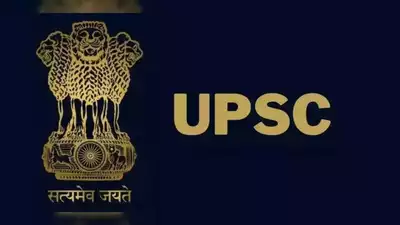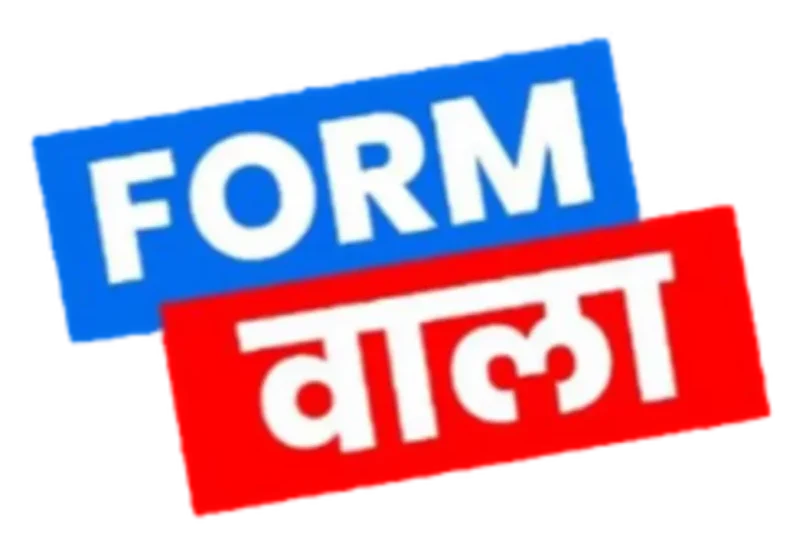The Union Public Service Commission (UPSC) exam is one of the most prestigious and competitive exams in India. The UPSC Civil Services Examination (CSE) is the gateway to prestigious posts like the Indian Administrative Service (IAS), Indian Police Service (IPS), Indian Foreign Service (IFS), and many others. While the road to success is long and challenging, with the right strategy, dedication, and preparation, cracking the UPSC exam is an achievable goal. Here’s a step-by-step guide to help you on your journey to success.
Understand the UPSC Exam Structure
The UPSC Civil Services Exam is a three-stage process:
- Preliminary Exam (Prelims): The first stage, which consists of two papers — General Studies Paper-I and the Civil Services Aptitude Test (CSAT) Paper-II.
- Main Exam (Mains): The second stage, which is an in-depth written exam consisting of 9 papers. This includes an essay, general studies, and optional subjects.
- Personality Test (Interview): The final stage, which evaluates your personality, communication skills, and overall suitability for a civil services career.
Understanding this structure is critical as it helps you plan your preparation efficiently.
One of the most important steps in UPSC preparation is understanding the syllabus. UPSC exams cover a vast range of topics, but it is essential to focus on the official syllabus. Here’s how you can break it down:
- General Studies: This includes subjects like History, Geography, Economy, Polity, Environment, Science & Technology, and Current Affairs.
- Optional Subject: Choose an optional subject based on your interests and academic background. Popular options include Public Administration, Geography, Political Science, Sociology, and History.
- Essay Paper: This assesses your writing skills and ability to express your thoughts on current or abstract issues.
- Ethics, Integrity, and Aptitude Paper: Focuses on your ethical decision-making ability, integrity, and aptitude.
Make sure to refer to the syllabus regularly to avoid unnecessary distractions during your preparation.
Time management is a critical factor in UPSC preparation. To optimize your study sessions, you need a well-structured study plan that covers the entire syllabus while providing enough time for revision and mock tests.
- Create a Timetable: Allocate specific time slots for different subjects. Prioritize difficult subjects and dedicate more time to them.
- Daily Targets: Set daily targets and keep track of your progress. This ensures that you stay on course and don’t miss any important topics.
- Long-Term Goals: Break your preparation into weekly, monthly, and quarterly goals. This will help you monitor your progress and adjust your plan if necessary.
- Revise Regularly: Periodic revision is key. Set aside time every week to go over what you’ve studied to retain the information better.
The UPSC syllabus is vast, and selecting the right study materials is crucial. You should focus on standard books and NCERT textbooks that cover the fundamental concepts, especially for General Studies.
General Studies Resources:
- Polity: M. Laxmikanth’s Indian Polity
- Geography: NCERT’s Physical Geography, G.C. Leong’s Certificate Physical and Human Geography
- History: Bipin Chandra’s Modern India, NCERT’s Ancient India and Medieval India
- Economy: Ramesh Singh’s Indian Economy
- Science & Technology: Science and Technology in India by Kalpana Rajaram
- Environment and Ecology: Shankar IAS’s Environmental Ecology, Biodiversity, and Climate Change
Optional Subject Resources:
- Public Administration: M. Laxmikanth’s Public Administration
- Geography: Physical Geography by Savindra Singh
- Political Science and International Relations: M. Laxmikanth’s Polity and Andrew Heywood’s Politics
Avoid relying on too many resources. Stick to the essentials and revise them thoroughly.
Current affairs form a significant part of the General Studies paper, particularly in the Prelims and Mains. Regularly read newspapers and stay updated with national and international news.
Sources to follow:
- Newspapers: The Hindu and The Indian Express
- Magazines: Yojana, Kurukshetra, Frontline, and Pratiyogita Darpan
- Online Sources: Websites like Insights on India, ClearIAS, and IASbaba offer daily current affairs updates.
Make sure to maintain notes for important events, policies, government schemes, and global issues, and revise them regularly.
Practice with Mock Tests and Previous Year Papers
Mock tests and previous year papers are crucial for UPSC preparation. They give you a feel for the exam pattern, help you identify important topics, and improve your speed and accuracy.
- Prelims: Practice mock tests for both the General Studies Paper-I and CSAT. Use online platforms like Testbook or Vision IAS for timed mock exams.
- Mains: Practice writing answers within the time frame. Focus on improving the quality of your answers by making them clear, concise, and focused on the key points.
- Personality Test (Interview): Take mock interviews with mentors, teachers, or peers to simulate the real interview environment.
UPSC preparation is a marathon, not a sprint. It requires consistency and mental resilience. Ensure that you maintain a healthy lifestyle to avoid burnout.
- Exercise Regularly: Physical activity helps reduce stress and improve focus.
- Sleep Well: Proper sleep is crucial for cognitive function and retention.
- Meditation and Relaxation: Incorporate mindfulness practices to calm your mind and stay focused during the preparation period.
- Breaks and Leisure: Don’t neglect your hobbies or social life. Taking small breaks and engaging in activities you enjoy can rejuvenate your mind.
The road to UPSC success can be long, and staying motivated is essential. Surround yourself with positive influences, track your progress, and celebrate small wins along the way. Stay consistent in your preparation, and remember that perseverance pays off in the end.
Stay focused, dedicated, and patient. The journey might be tough, but the rewards are immense, both professionally and personally. With hard work and a strategic approach, you can achieve your dream of becoming a part of the esteemed Indian Civil Services.


